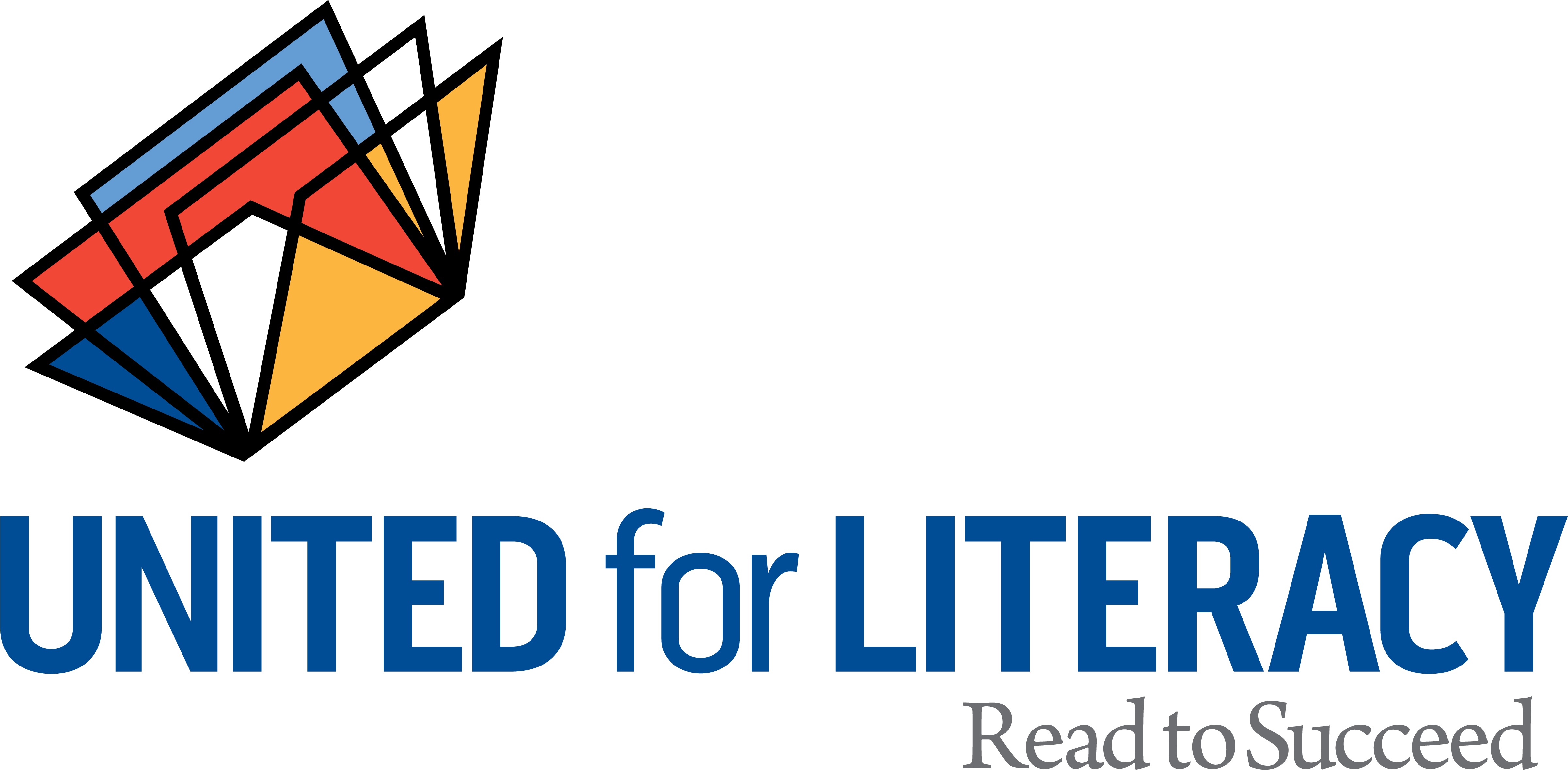The YWCA of Northwestern Illinois (NWIL) has embarked on a commendable journey focused on the earliest years of childhood education. As the adage goes, "It takes a village to raise a child," and the YWCA is a pivotal part of that village for many families in Northwestern Illinois thanks to the support of United Way and the United for Literacy initiative.
Accessibility to early education builds a strong foundation for lifelong learning and development. Recognizing the significant gap in literacy training that many of their staff members faced, the YWCA took proactive measures to educate their professionals on appropriate and nurturing interactions with children during story times. The YWCA staff are now trained to model appropriate literacy techniques with the childcare providers. “Learning how to incorporate pre-literacy skills to give children a better chance at becoming good readers is very rewarding,” said Lisa Bock, Director of Child Care Resource and Referral at YWCA Northwestern Illinois.
This drive to enhance the quality of early childhood care led to the introduction of monthly Storytime sessions starting this past November. These sessions aren't just about reading books to children; they are immersive experiences where children receive a book each month and participate in engaging activities related to the story. For instance, in December, the children enjoyed a festive story and got creative by building snowmen and adorning them with hats, symbolizing the joy of the winter season. In addition, these story times provide literacy techniques for the childcare providers we work with.
The YWCA team has discovered the varying levels of interaction that different children require and has adapted its approach to meet these needs. In doing so, they’ve made reading an interactive experience—delving beyond the words on the page and encouraging children to listen, think, and inquire, sparking their curiosity and cognitive development.
“I liked that the reader was asking questions involving children,” said a childcare provider who attended the training. “The children were excited about the book and about what was going on in the book. I learned to incorporate more questions to keep the children interested.”
The approach taken by the YWCA often referred to as “Reciprocal Teaching Strategies,” promotes engagement over rote reading. It’s all about sparking interest instead of just going through the motions of reading. When you dive into a text, they encourage childcare providers and the children to employ the techniques of Predict, Question, Clarify, and Summarize. This method isn't just about reading; it's about boosting understanding, honing critical thinking, staying active in your learning, tailoring instruction to your needs, increasing motivation, and fostering collaboration. In a nutshell, their reciprocal teaching approach aims to craft a learning environment that's effective but also engaging and dynamic.
“This program has helped model new techniques for our program," said Kris Machajewski, President and CEO of YWCA Northwestern Illinois. "Having someone come read a story is very inspiring, and we will benefit greatly from this program.”
Moreover, the YWCA's collaboration reaches beyond its walls. Staff members are involved in round table discussions with other early childhood groups, fostering a robust network of resources and knowledge-sharing. The YWCA's partnership with the Tinker Cottage Museum is another brilliant example of enriching the educational landscape of Northwestern Illinois. This collaboration offers free monthly reading sessions to children, augmented by museum tours, though these have recently been on hold.
These initiatives by the YWCA of Northwestern Illinois underline their dedication to preparing children for kindergarten and nurturing a love for learning that will continue beyond the classroom. The organization has demonstrated a passion for innovation in early childhood education and a commitment to community collaboration that serves as a model for both opportunity and hope in the lives of our youngest citizens.

